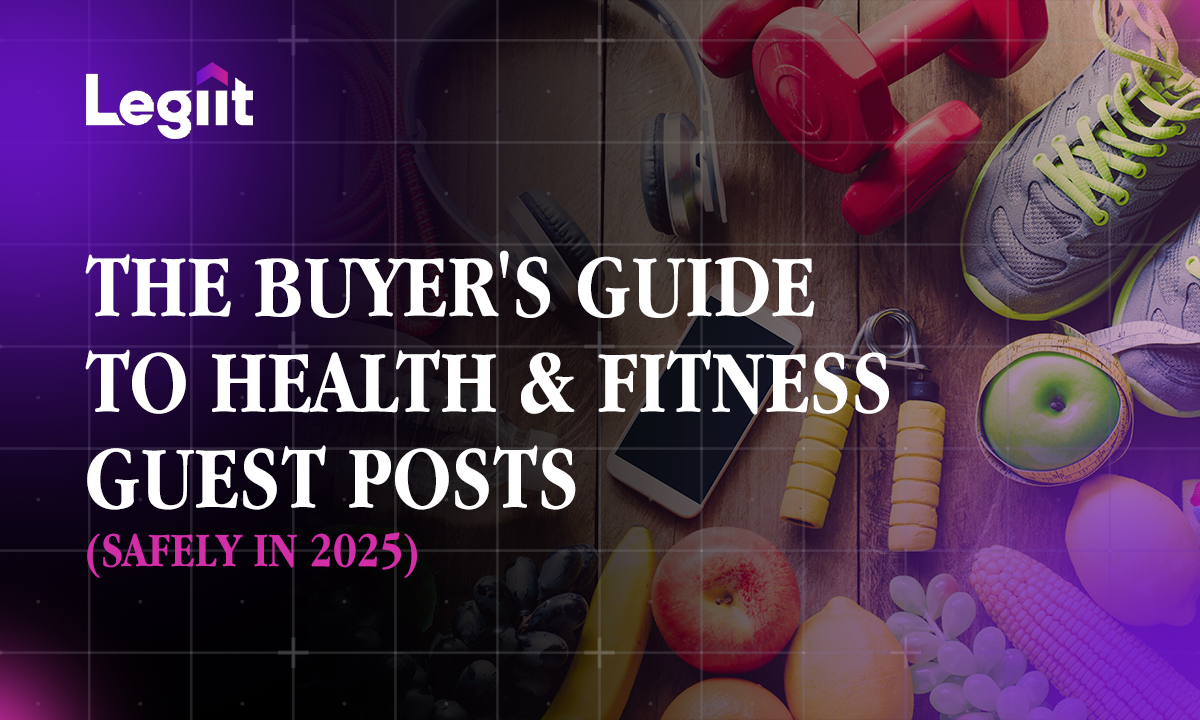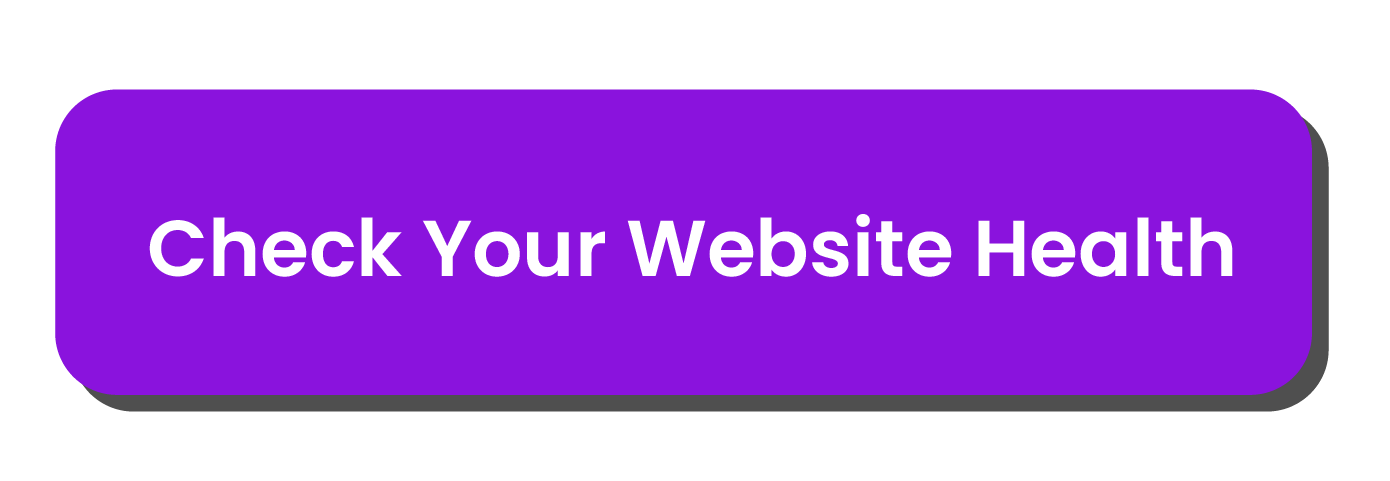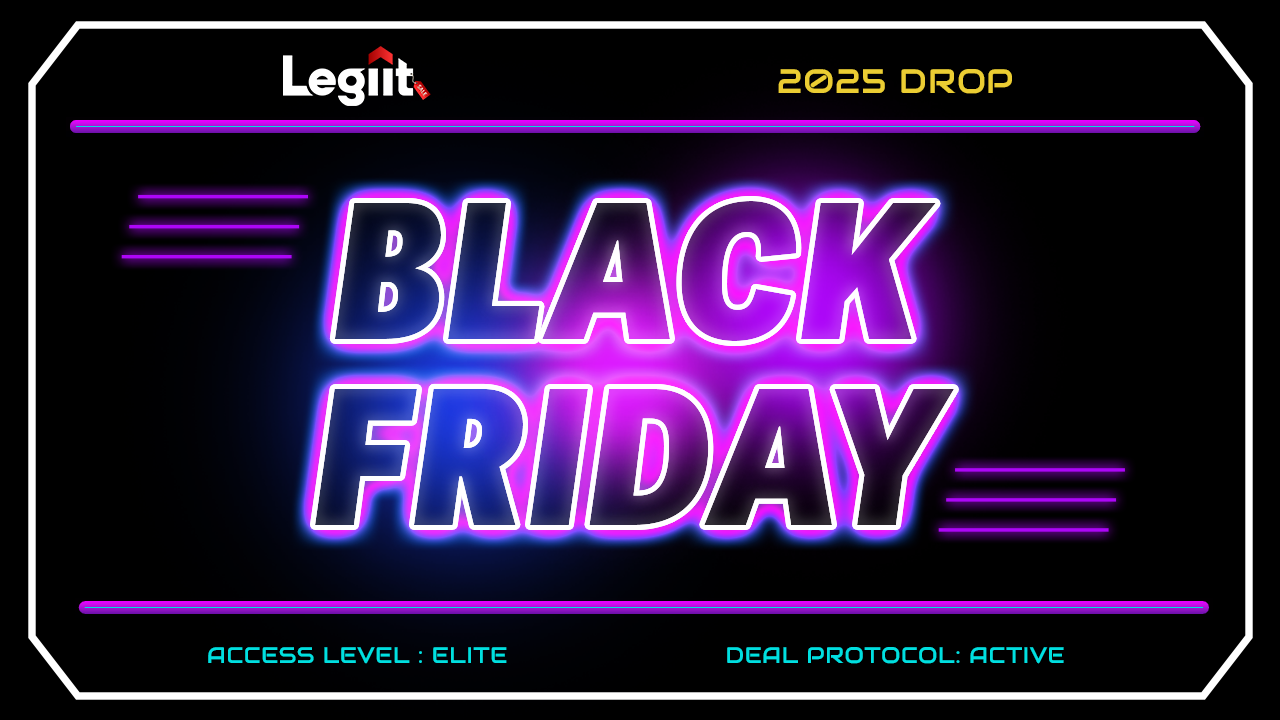Buying a health backlink is like buying supplements. The right ones make you stronger. The wrong ones are tainted with toxins that can poison your entire website.
Forget those risky, endless lists of "100+ health blogs." This is a safety-first playbook. This is how you identify and secure powerful, penalty-proof backlinks in the health and fitness space. When you’re ready to compare vetted, niche-relevant placements, browse guest post services so you can evaluate real offers against this guide.
Health Link Building: The Cheat Sheet
Here are the non-negotiable rules for this high-stakes niche:
- The #1 Rule: Health is a "Your Money or Your Life" (YMYL) topic, meaning Google holds it to the highest possible standard.
- The Core Concept: Every site is judged on its E-E-A-T: Experience, Expertise, Authoritativeness, and Trustworthiness. Low E-E-A-T is toxic.
- The Vetting Process: Never buy from a generic list. You must use a rigorous vetting process to evaluate every single site.
- The Golden Signal: Look for verifiable author credentials (doctors, certified trainers, etc.) and content that cites scientific sources.
On This Page
- Why the Health Niche is a Minefield (YMYL & E-E-A-T)
- The 5-Point E-E-A-T Vetting Checklist for Health Sites
- How to Write Content That Passes the E-E-A-T Test
- Health Guest Post FAQ
Before we start, here is the list of the top 100 list of health guest posts sites:
https://docs.google.com/document/d/1QsrqFBL31mS6eu69XQSvni7rBysnvwvtfQ4eqR0Kwr4/edit?usp=sharing
(Note: this list is not any kind of recommendation, just added based on our research)
The #1 Rule: Why the Health Niche is a Minefield (YMYL & E-E-A-T)
Before we talk about buying anything, you need to understand why the health niche is treated differently by Google. The #1 rule is simple: Google does not mess around with people's well-being.
"Your Money or Your Life" (YMYL) is Google's term for topics that can significantly impact a person's health, happiness, or financial stability. Health and fitness fall squarely into this category. Because the stakes are so high, Google holds these sites to a much higher standard of quality. This standard is called E-E-A-T:
- Experience: Is the author writing from real, first-hand experience?
- Expertise: Does the author have verifiable credentials and knowledge on the topic?
- Authoritativeness: Is the website a known, respected authority in its field?
- Trustworthiness: Is the information accurate, honest, and reliable?
The Bottom Line: For health SEO, E-E-A-T is everything. A link from a low-E-E-A-T health blog isn't just worthless, it's a toxic signal that tells Google you associate with untrustworthy information. For additional context on site quality signals in this vertical, review this primer on healthcare SEO best practices
The 5-Point E-E-A-T Vetting Checklist for Health Sites

So, how do you spot a safe, high-E-E-A-T site? You need a vetting process. This is the exact five-point checklist to use to protect your investment.
1. The Author Check (E = Expertise)
Does the site feature authors with real, verifiable credentials? Look for authors who are doctors (M.D.), registered dietitians (R.D.), certified personal trainers (C.P.T.), or licensed therapists. Check the "About Us" page and individual author bios. Can you find these people on LinkedIn or other professional sites?
Red Flag: Anonymous authors ("Admin," "Guest Writer") or writers with no discernible expertise or credentials in the health field. If you can't verify the expert, there is no expert.
If you’re newer to outreach mechanics, this short explainer on what guest posting is in SEO clarifies roles and expectations before you vet authors.
2. The Content Check (T = Trustworthiness)
Does the content back up its claims with evidence? High-quality health content should cite reputable sources like peer-reviewed scientific studies, medical journals (e.g., The Lancet), or government health organizations (e.g., NIH, WHO).
Red Flag: Content that makes miraculous, unsupported claims. If you see headlines like "This one weird fruit melts belly fat overnight!" without any scientific backing, close the tab.
3. The Outbound Link Check (A = Authoritativeness)
A website is known by the company it keeps. Look at the articles published in the last month. Who are they linking out to? Are the outbound links pointing to other authoritative health resources, studies, and expert sites?
Red Flag: A supposed "health" blog that also has posts linking out to casinos, payday loans, crypto schemes, or other spammy niches. A real authority would never compromise its reputation by linking to junk.
4. The Traffic & History Check (E = Experience)
Does this site have a real audience? Use a tool like Ahrefs or Semrush to check its organic traffic. A legitimate, experienced site will have a history of stable or growing traffic from Google.
Red Flag: A site with zero, low, or plummeting organic traffic. This means it has no audience and, more importantly, no trust from Google. A link from a site Google doesn't trust is useless.
5. The Brand Check (T = Trust)
Is this a real brand or just a generic website? Look for signs of a real-world presence. Does it have an active social media profile with genuine engagement? Do the blog posts have thoughtful comments from a real community?
Red Flag: A generic site with no social proof, no community, and no clear identity. These are often part of a private blog network (PBN) and should be avoided.
Need an Expert Eye for E-E-A-T?
This level of due diligence is critical, but it's also a full-time job. Find top-rated freelancers on Legiit who specialize in the health and fitness niche and can perform these rigorous E-E-A-T audits for you. Find a Health & Fitness Link Building Expert or coordinate your buying with a broader backlinks strategy so health placements complement your wider link profile.
Examples of High-E-A-T Health & Wellness Publications
When vetting potential sites, compare them against these gold-standard examples to see what true E-E-A-T looks like:
- Healthline: Praised for its rigorous "Medically Reviewed" process, where articles written by specialists are double-checked for accuracy by a separate team of physicians.
- Mayo Clinic: Mayo Clinic valued for its unparalleled authority, with content created and vetted internally by its own world-renowned medical doctors and research staff.
- Psychology Today: Respected for its network of expert contributors, where authors are required to have verifiable credentials, such as a Ph.D. or a clinical license, displayed in their bios.
- WebMD: A long-standing authority known for its comprehensive, physician-reviewed content that covers a vast range of medical topics.
- Mindbodygreen: A top-tier example in the holistic wellness space, featuring articles from a diverse range of credentialed experts, including doctors, registered dietitians, and certified trainers.
How to Write Content That Passes the E-E-A-T Test
Finding a great site is only half the battle. The guest post you submit must also meet these high standards.
- Your Author Bio is Crucial: Don't be anonymous. Your bio must include your full name, your professional credentials (e.g., "John Doe, C.P.T."), and a link to a professional profile like LinkedIn where those credentials can be verified.
- Cite Your Sources: Just like the site itself, your content must be evidence-based. Link to the studies, research, and expert sources that back up your claims.
- Prioritize Safety and Practicality: Provide safe, actionable advice. In the health niche, giving bad advice can have real-world consequences, and both the publisher and Google take that very seriously.
Health Guest Post FAQ
Is it safe to buy health guest posts?
Only if you follow a rigorous vetting process focused on E-E-A-T, like the one above. It is never safe to buy links from a generic, public list of "guest post sites."
What DR/DA should I look for?
Metrics like DR are secondary to E-E-A-T. A DR 40 site run by a board-certified dermatologist is infinitely more valuable and safer than an anonymous DR 70 "general health" blog.
Should I avoid sites with a public "Write for Us" page?
In the health niche, yes, this is generally a good policy. Truly authoritative health sites are highly protective of their content and typically source experts through direct, personal outreach, not public submission forms.
In Health SEO, Trust is Non-Negotiable
Forget the endless, dangerous lists. In the high-stakes world of health and fitness SEO, success and safety come from a meticulous vetting process. By focusing on the principles of E-E-A-T, you can avoid the toxic sites and build a backlink profile that Google respects and rewards.
Instead of risking it yourself, you can hire a professional on Legiit who specializes in the health vertical, performing rigorous audits to find safe, powerful placements.













 Download
Download